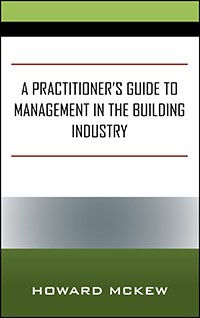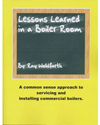It is being used in the construction of an 11,000-sq-ft-home in Northridge, CA. In order to put the steel into a test application, AK Steel is supplying 30,000 lbs of steel for the home. The steel will be used for the heating, ventilation and air conditioning ducts, and frame and roof, among other things.
The company also is supplying AgION-coated steel for exposed surfaces such handrails, doorknobs, and faucets and food preparation surfaces in the home, which is expected to be completed by 2003. The company believes coating its steel with the AgION antimicrobial will open a new market for AK Steel.
``It's a way to add value to our steel, while giving the public another method of inhibiting destructive bacteria,'' said Richard M. Wardrop Jr., AK Steel chairman.
The steel uses an inorganic compound that combines silver with a naturally occurring inorganic ceramic, allowing a controlled release of silver ions over an extended period of time to suppress the growth of algae, mold, mildew, fungi and bacteria. The antibacterial properties are designed to last the lifetime of the coating. The compound also has been registered by the U.S. Environmental Protection Agency for use in several applications, including food and water contact, and heating, ventilating and air conditioning systems.
AK Steel and other vendors will monitor the house over a period of several years to document the antimicrobial claims. In particular, the home's air quality will be monitored to see what effect the steel has outside the laboratory.
It is estimated that adding the coating to the carbon steel used for heating and ventilation systems would add about 10 percent to the cost of the average residential system.
Wardrop says the technology holds great promise not only for residential applications, but also for restaurants, hospitals and industry. ``It won't be an overnight success, but I think this antimicrobial steel will really begin to catch on in another year or so,'' he said.



